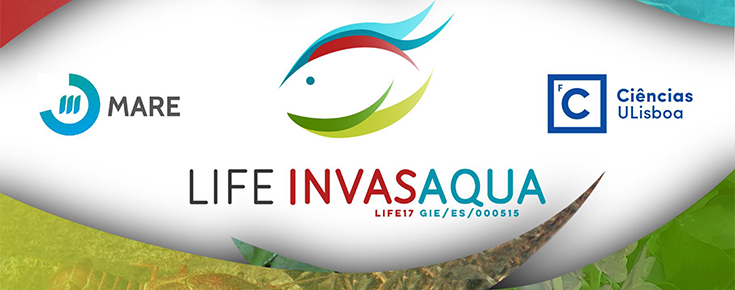
As espécies invasoras, alavancadas pelas alterações climáticas, são hoje uma das maiores ameaças à biodiversidade e à saúde pública, acarretando sérios impactos socioeconómicos e prejuízos totais que podem ascender aos milhões de euros.
Este workshop pretende não só alertar o cidadão comum para este flagelo, mas também dar a conhecer as ações de gestão que têm vindo a ser realizadas pelas instituições públicas e privadas com vista a minimizar os impactos destas espécies na natureza e em atividades económicas e lúdicas. Deste modo, pretende-se que este evento seja transversal e reúna diferentes partes interessadas nesta matéria, nomeadamente a comunidade científica, as câmaras municipais, os institutos públicos, as ONGs, entre outros, servindo como plataforma de debate e de partilha de experiências e dificuldades na gestão deste flagelo dos nossos rios, lagos, barragens e estuários.
Evento inserido nas atividades do projeto ibérico LIFE INVASAQUA (Life17 GIE/ES/000515).
Participação livre, mediante inscrição prévia.





